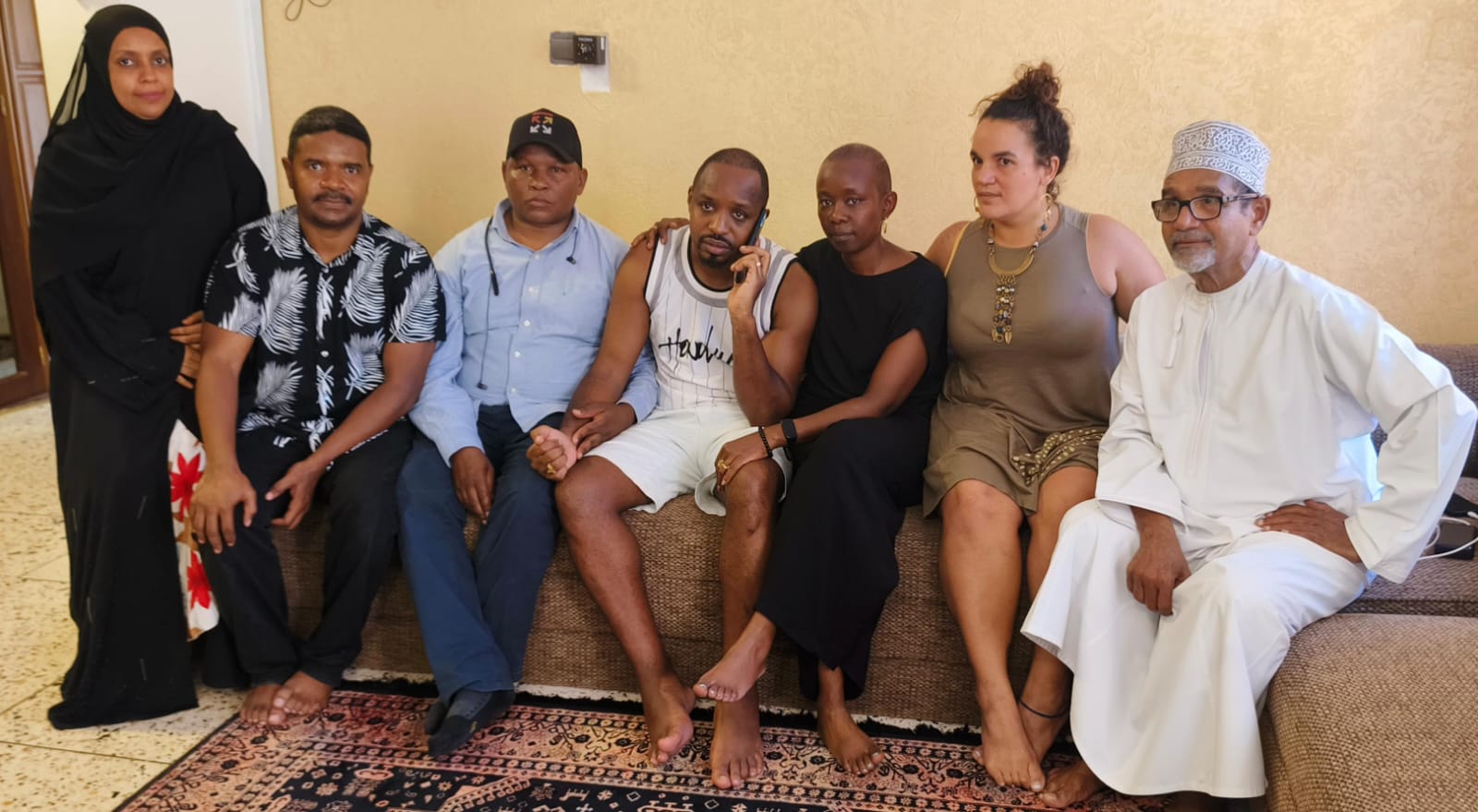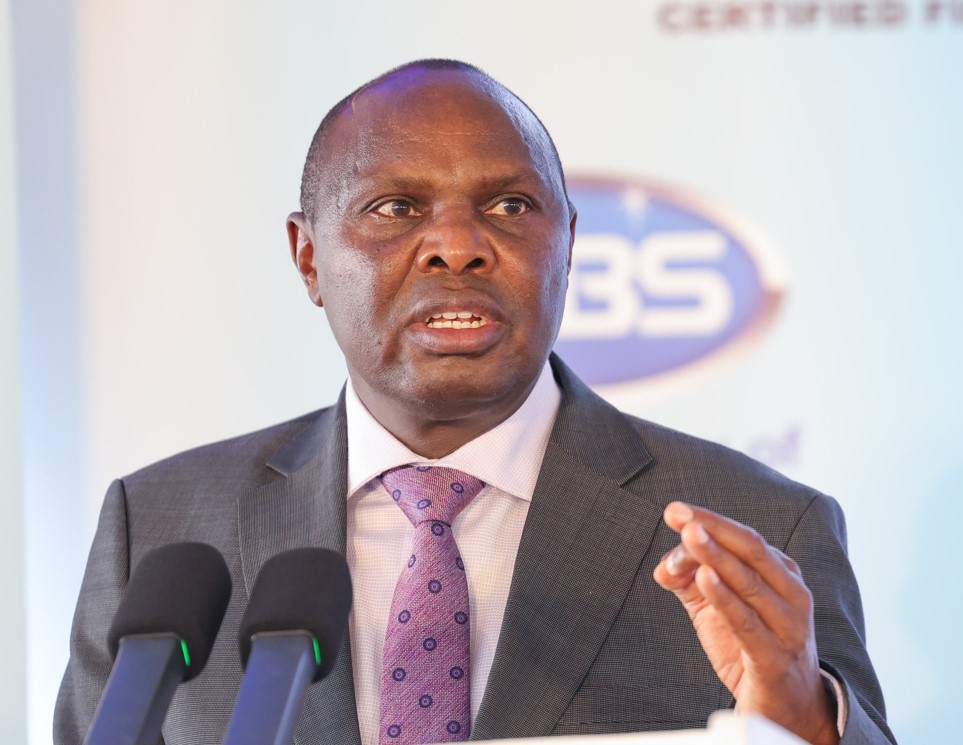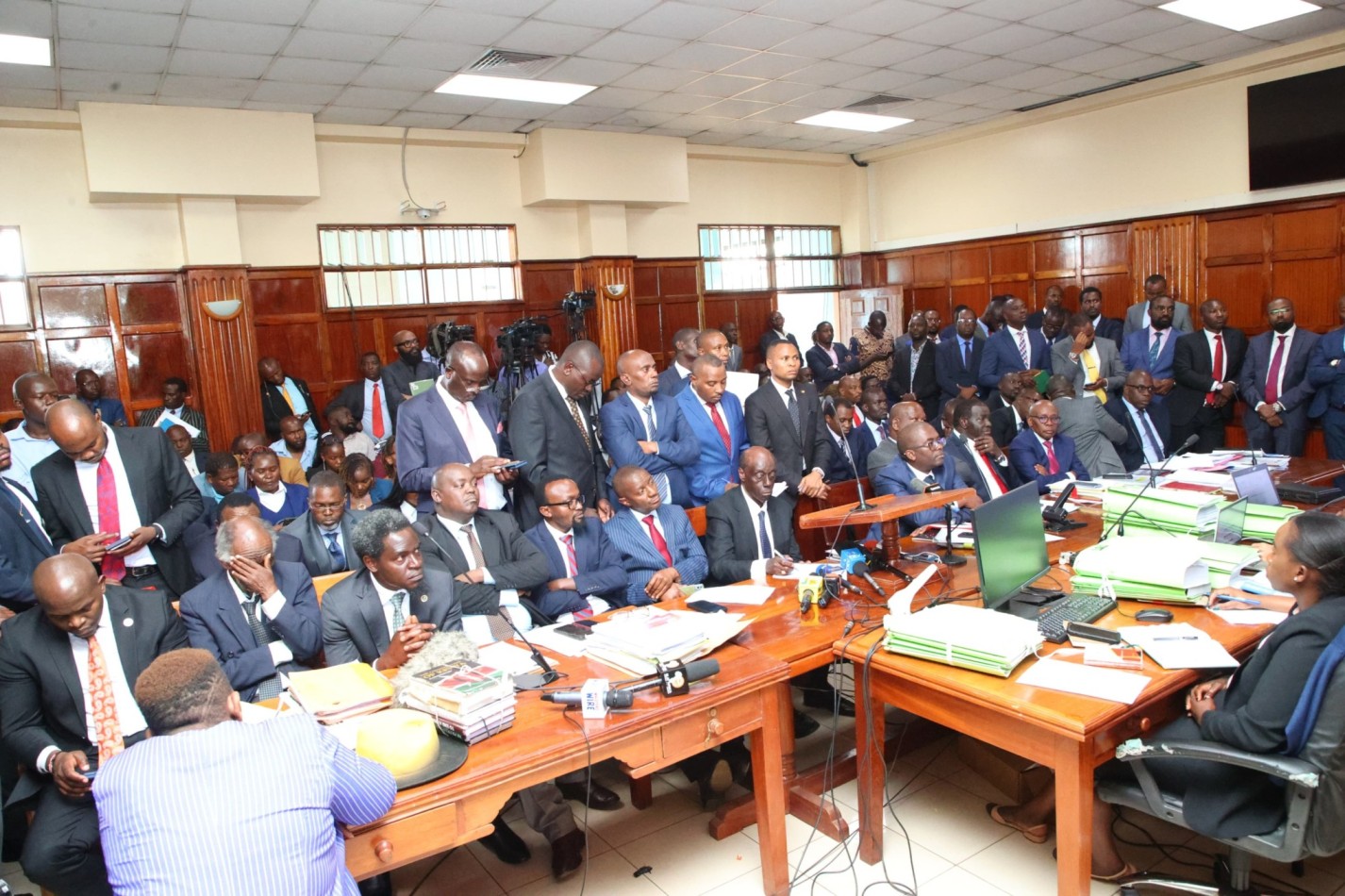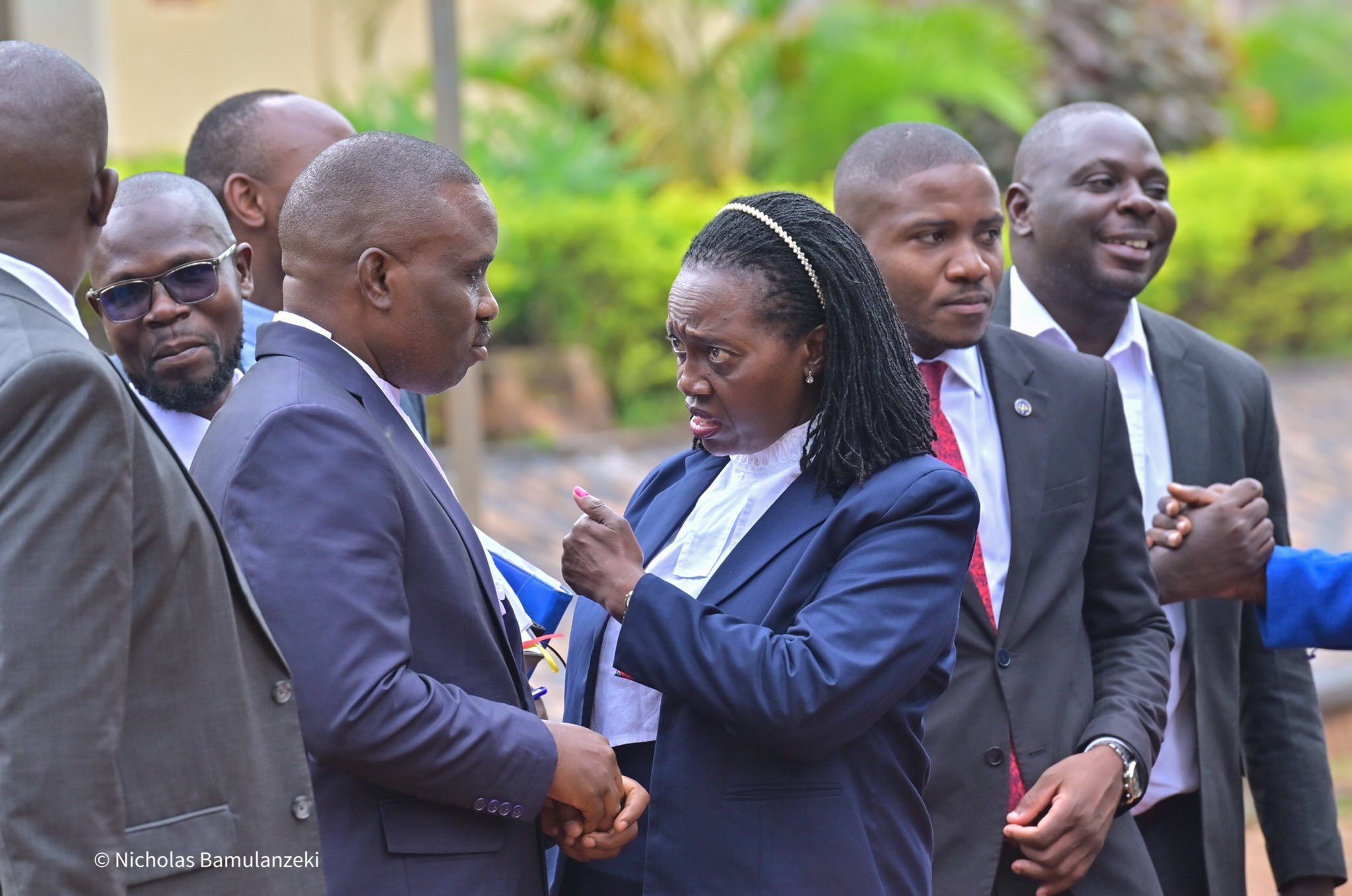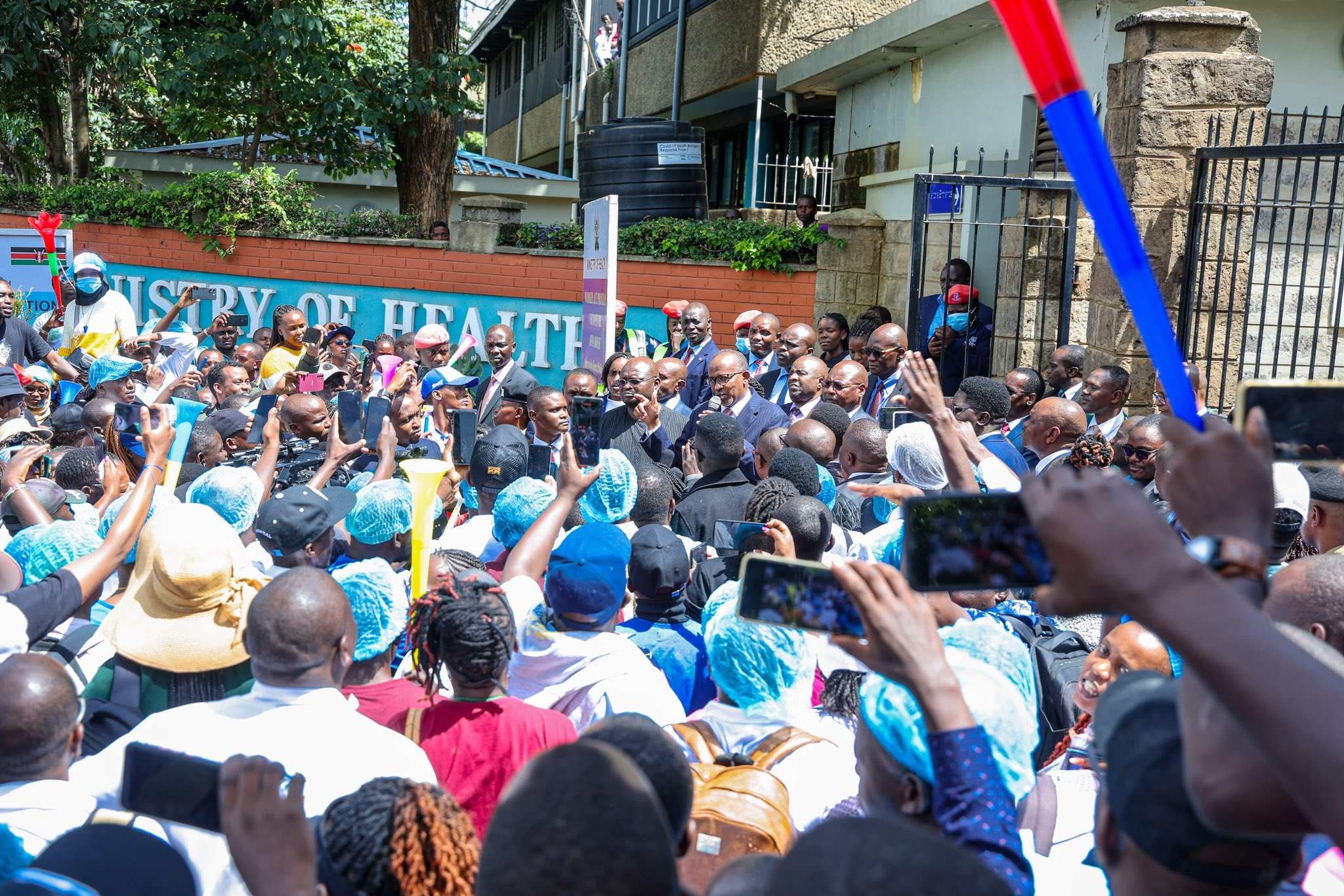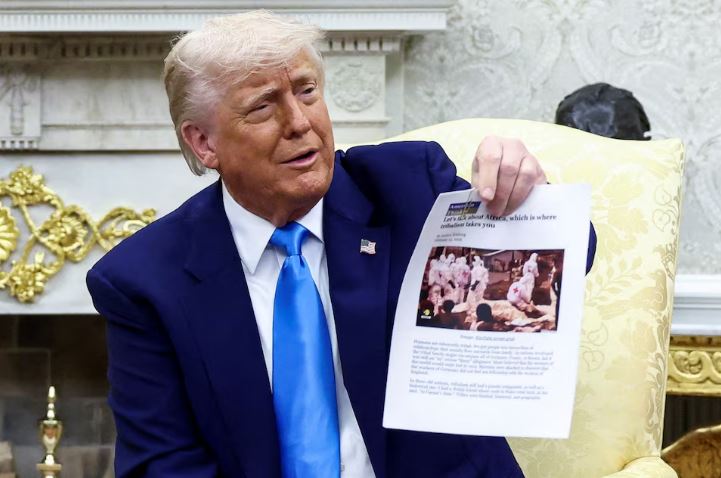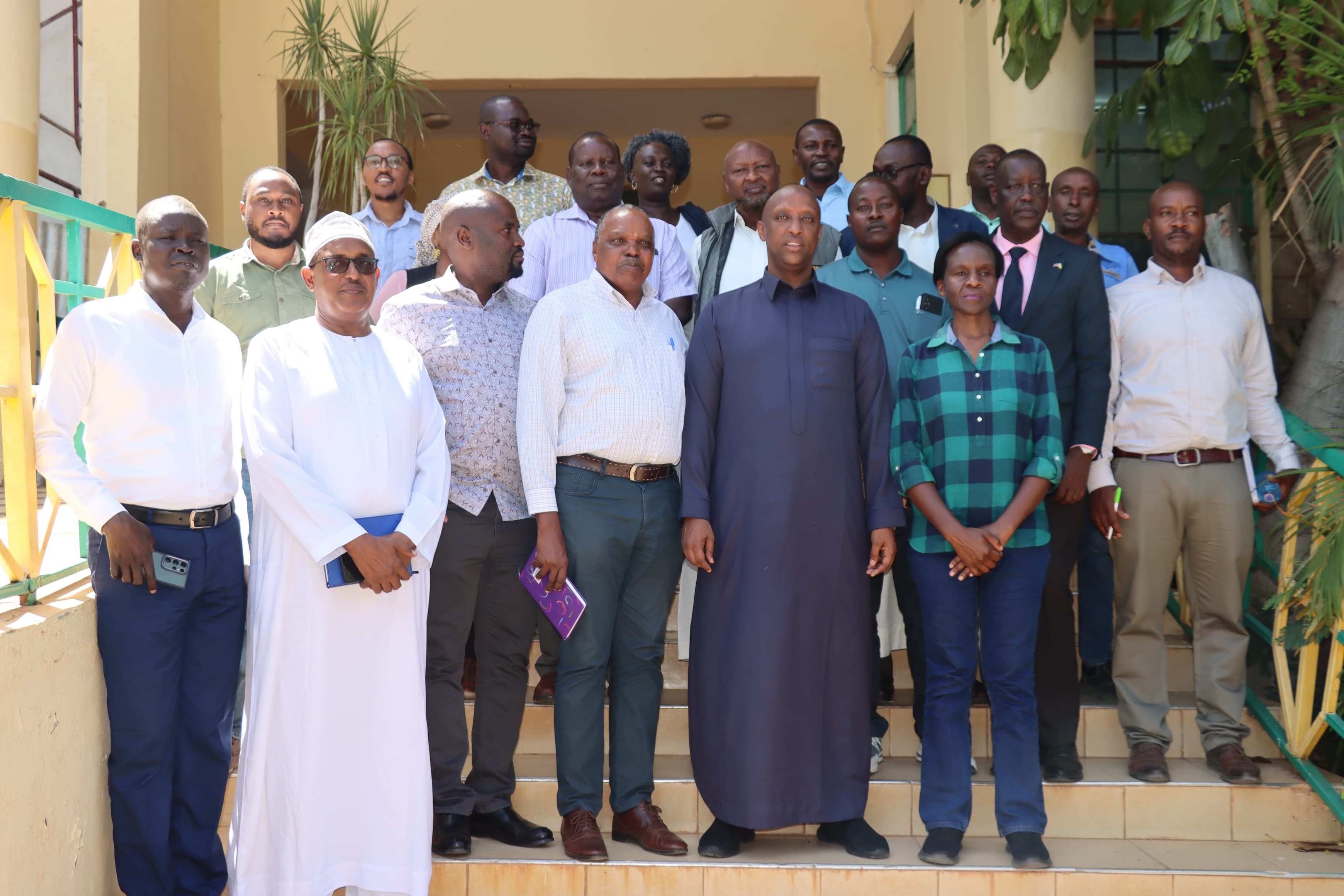Sh876bn fiscal deficit leaves no room for extra spending in 2025/26 budget, MPs warn
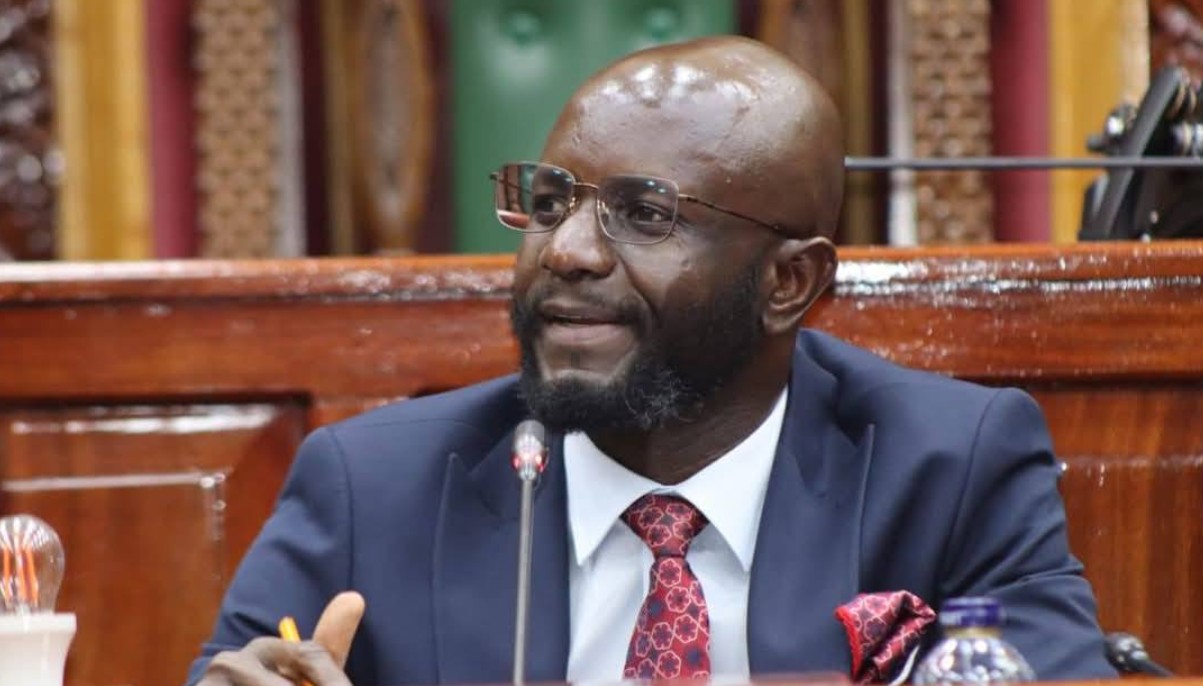
BAC Chairperson Samuel Atandi announced this as the committee began receiving reports from departmental committee chairpersons on the scrutiny of budget estimates submitted by MDAs.
Ministries, Departments and Agencies (MDAs) will have to operate within their current budget ceilings in the upcoming 2025/26 financial year, after the Budget and Appropriations Committee (BAC) rejected pleas for additional allocations.
According to the committee, the government is grappling with a Sh876.1 billion fiscal deficit, leaving no room for increased spending.
More To Read
- Treasury tightens PPP rules amid public outrage over secretive infrastructure deals
- Treasury doubles budget for Turkana oil project as Kenya accelerates path to commercial production
- Report proposes public-private partnership trust fund to tap pension, insurance capital to fund projects
- Contractors await Treasury’s verdict as review on Sh518.7bn pending bills nears completion
- Political Parties office gets Sh213 million boost in pre-election budget
- Petition exposes Sh975 billion debt linked to Treasury’s budget law breach
BAC Chairperson Samuel Atandi announced this as the committee began receiving reports from departmental committee chairpersons on the scrutiny of budget estimates submitted by MDAs.
“This year’s biggest conversation for this committee is the fiscal deficit. We are beginning our sittings with that in mind,” Atandi said, noting that although the fiscal deficit is the lowest since he joined Parliament, the National Treasury’s revenue projections have consistently missed targets.
“We, as the committee, will operate under a tight situation given the huge budget deficit. The room for manoeuvre is not there. Requests for additional funding from the MDAs is a no-go zone for us,” he said.
Severely constrained
He further advised members of the committee not to entertain requests for enhanced allocations, stressing that the government’s fiscal space was severely constrained.
Nearly all departmental committees have flagged requests for additional funding, saying their current allocations are significantly lower than those proposed in the 2025/26 Budget Policy Statement (BPS).
Labour Committee Chairperson Ken Chonga raised concern over the allocation for the State Department for Labour and Skills Development, which he said had been cut by Sh1.1 billion.
“This should therefore be reinstated,” Chonga said, suggesting the cut would negatively impact the department’s operations.
The Parliamentary Budget Office (PBO), which advises Members of Parliament on fiscal and budgetary matters, informed the BAC that the Treasury intends to borrow Sh592.1 billion from domestic sources and another Sh284 billion externally to plug the budget gap.
The Treasury has pegged the overall budget for the 2025/26 financial year at Sh3.36 trillion. Of this, Sh1.7 trillion will go toward recurrent expenditure, while Sh707 billion is designated for development spending.
Manipulation
Former BAC chairperson Ndindi Nyoro raised concerns about what he described as the Treasury’s manipulation of the budget deficit to gross domestic product (GDP) ratio to qualify for external loans.
“There is the manipulation of the deficit to GDP ratio in order to secure external loans. The GDP in nominal terms is growing higher than in real terms. There is also a variation in the projection of revenue by Sh67 billion,” Nyoro said.
He also criticised the lack of increased funding for county governments.
“There is no change in the monies that are devolved because we allocated Sh405 billion in the last financial year, and the same has been allocated in the coming financial year. Are we supporting devolution?” he asked.
Kitui Central MP Makali Mulu noted that Parliament had previously enacted a law capping borrowing at 50 per cent of GDP, urging adherence to fiscal discipline.
Ugenya MP David Ochieng called for transparency and accountability on various public investments and programmes, including those in the ICT sector, the fertiliser subsidy scheme, the government-to-government oil deal, and the refinancing of public debt through external borrowing.
“On the debt repayment, we are refinancing our debt and taking loans. How are the interest rates?” Ochieng asked.
In response, the PBO urged legislators to forward such questions to the Treasury, saying it is best placed to provide the necessary details.
Top Stories Today


